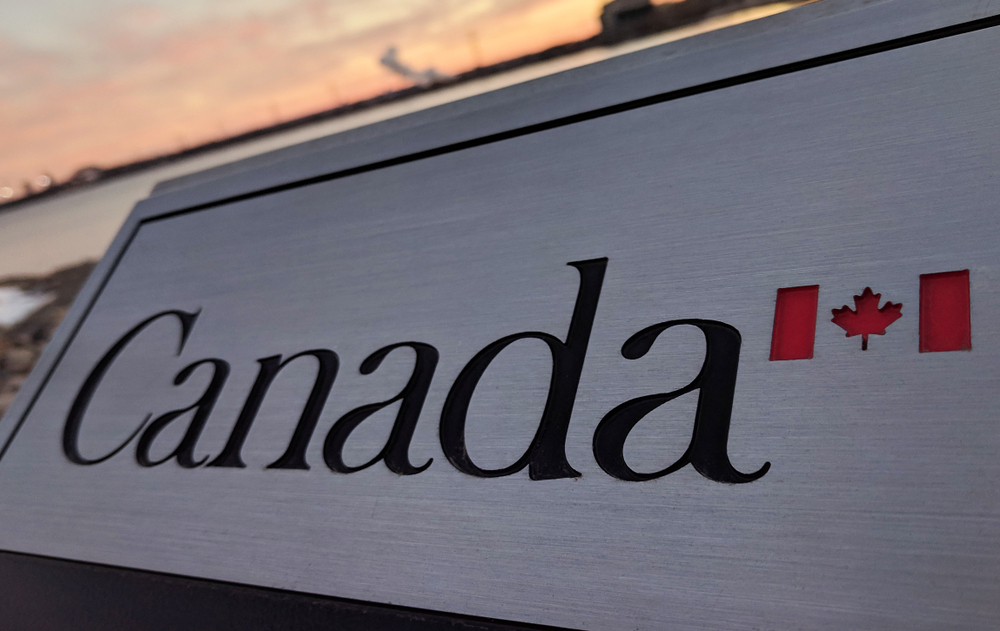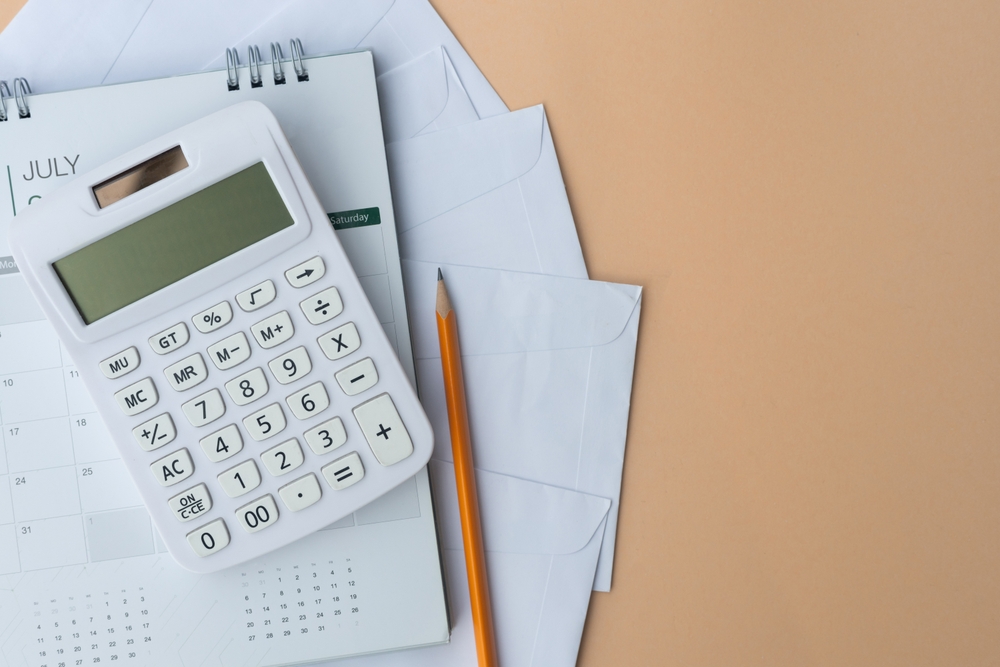When the debts are piling up, it can feel like there’s no way out. But the truth is, there are ways to regain control of your finances and start fresh.
Two of the most popular options in Canada for tackling debt are a debt consolidation program and a consumer proposal. Both options can simplify debt and reduce your financial stress, but they work in different ways. Choosing the right one can make all the difference for your financial future.
In this article, we’ll break down the key differences between debt consolidation and consumer proposals, explain how each one impacts your credit score, and look at which might be the best fit for you. Let’s get started!
Key Points
- What is a debt consolidation program?
- What is a consumer proposal?
- Comparing debt consolidation and consumer proposals: which option fits your needs?
- Finding help with debt relief options
What is a debt consolidation program?
A debt consolidation program, also known as a debt consolidation loan, combines multiple debts into one monthly payment—ideally with a lower interest rate than what you’re currently paying. This option can be especially helpful if you’re struggling with high-interest debts, like credit cards or personal loans. Through debt consolidation, you take out a new loan from a bank, credit union, or lender to pay off your existing debts, allowing you to manage just one payment each month.
Benefits of a debt consolidation program
- Lower interest rates: By combining your debts into one loan at a lower interest rate, you can save on interest costs, which helps you pay down your debt faster.
- Simplified payments: Having one monthly payment instead of juggling multiple bills can take some of the stress out of debt management and help you stay organized.
- Protects your credit score: As long as you make your payments on time, a debt consolidation loan won’t hurt your credit score. In fact, it can help by showing creditors that you’re managing your debt responsibly.
Drawbacks of debt consolidation
- Credit requirements: To qualify for a debt consolidation loan at a favorable rate, you’ll usually need a credit score of around 650 or higher, plus a steady income.
- No debt reduction: A debt consolidation loan can lower your interest, but it doesn’t reduce the actual amount you owe.
- Collateral may be needed: If your credit score is low, lenders might ask for collateral, like a car, to secure the loan. This means there’s risk involved if you can’t make your payments.
What is a consumer proposal?
A consumer proposal is a government-approved debt relief option that helps you reduce what you owe and make a single, manageable monthly payment. Working with a Licensed Insolvency Trustee (LIT), you can negotiate with your creditors to lower your debt by up to 80%. Unlike a debt consolidation loan, a consumer proposal doesn’t involve borrowing any money—so there are no interest charges or extra fees.
Benefits of a consumer proposal
- Lower your debt: You may be able to reduce your total debt significantly, depending on your financial situation. This can mean a much smaller monthly payment that’s easier to handle.
- Protection from creditors: Once a consumer proposal is filed, you’re legally protected from creditor actions like wage garnishments and collection calls.
- Interest-free payments: With a consumer proposal, there’s no interest on your remaining balance, so every dollar you pay goes directly to reducing your debt.
- Financial counseling: As part of the process, you’ll attend financial counseling sessions. These sessions offer valuable tips on managing finances and help prepare you for a debt-free future.
Drawbacks of a consumer proposal
- Impact on credit score: Filing a consumer proposal will show up on your credit report as an R7 rating, which stays for about three years after the proposal is completed, or 6 years after it’s filed—whichever comes first.
- Unsecured debts only: A consumer proposal can only include unsecured debts like credit cards, personal loans, and some tax debts. Mortgages and car loans (secured debts) aren’t included.
Comparing debt consolidation and consumer proposals: which option fits your needs?
When deciding between a debt consolidation program and a consumer proposal, here are some things to keep in mind:
| Aspect | Debt consolidation | Consumer proposal |
|---|---|---|
| Debt reduction | No reduction, full repayment required | Possible reduction of up to 80% |
| Credit score impact | Small (if you pay on time!) | Negative impact (R7 rating) for a limited time |
| Legal protection | None | Stops collections and legal actions |
| Eligibility | Requires good credit and steady income | Available to those with serious debt issues |
| Debt types covered | Primarily unsecured debt | Unsecured debt only |
| Repayment flexibility | Fixed monthly payments | Up to 5 years, with no penalties for early payment |
Choosing the right path for you
Debt can be stressful, but knowing that there are options to help you find relief is a powerful first step. Here are some tips on choosing the right solution for your situation:
When debt consolidation may be right for you:
- You have a fair to good credit score (typically 650 or higher).
- You can manage a single monthly payment, but high interest rates are making it hard to pay down the debt quickly.
- You’re looking to simplify your payments without impacting your credit score.
When a consumer proposal may be right for you:
- You’re facing serious financial challenges, and repaying the full amount isn’t realistic.
- You want legal protection from creditor actions, such as wage garnishments or collection calls.
- Your low credit score or high debt levels make it difficult to qualify for a debt consolidation loan
Finding help with debt relief options
Choosing the right debt relief option can be tricky, but you don’t have to do it alone. Our team at Harris & Partners is here to help you understand your options and choose the best solution for your financial future. Our LITs will give you clarity and peace of mind, so you feel confident that you’re making the right decision.
Taking control of your finances is possible, and it starts with knowing you have support every step of the way.
Why wait? Contact our team today to find your way back to financial stability.









